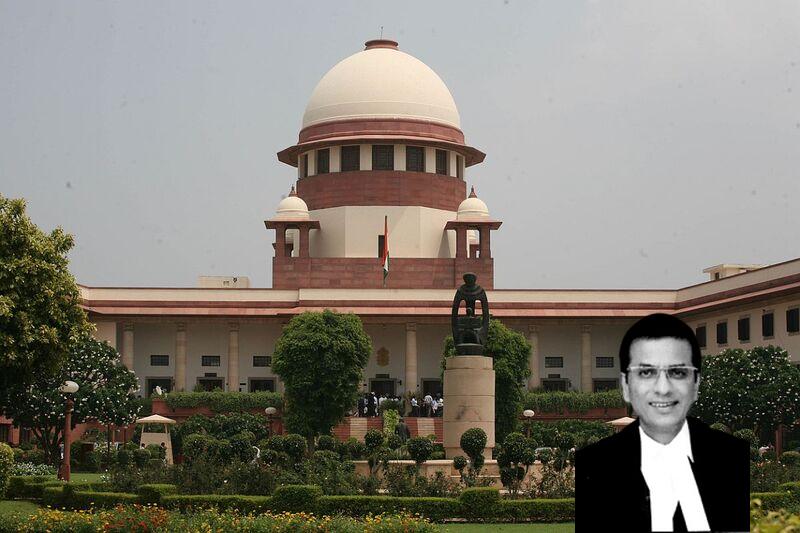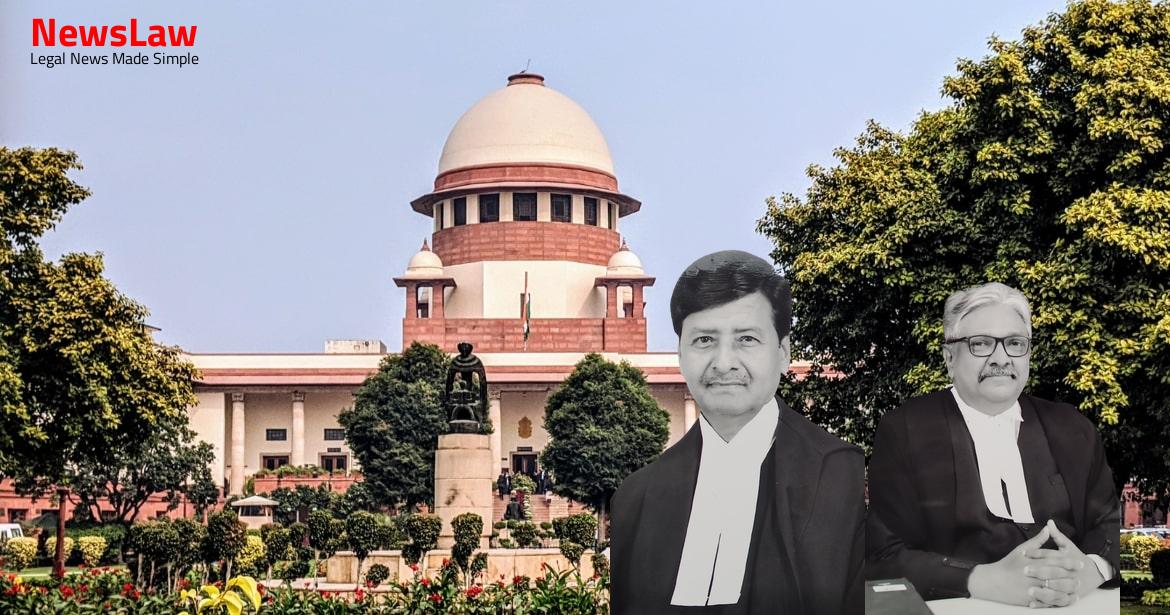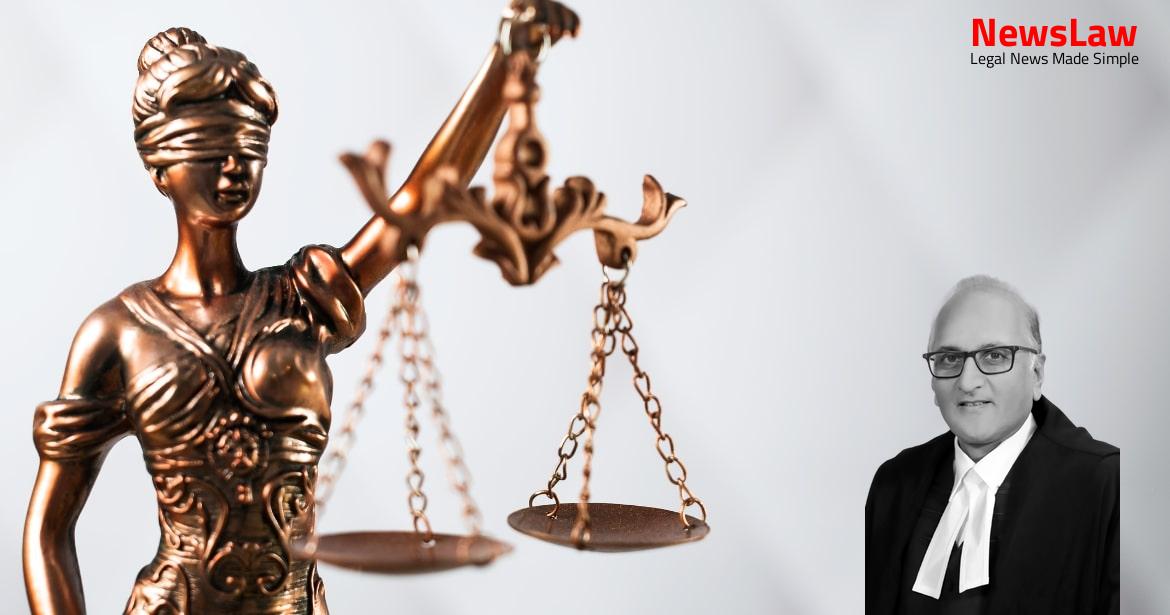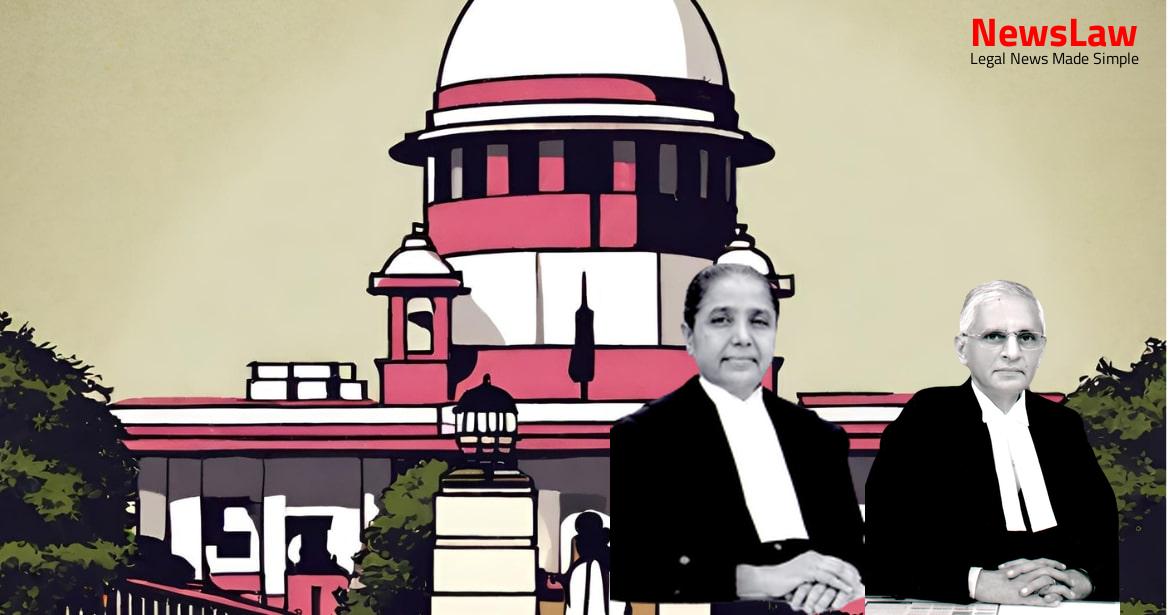The complainant’s family had property in the village Hebbale. The appellant no.1 – accused no.1-Mariyappa is PW-1’s uncle, with whom PW-1’s family was having a dispute over water. Accused no.3-Chandrahasa caught hold of PW-2 (Sundara) and assaulted him by using a sickle (kathi). The accused no.1 – appellant no.1 and accused no.7 – appellant no.7 died during the pendency of this appeal. Accused no.2 – appellant no.2, accused no.3 – appellant no.3, accused no.4 – appellant no.4 and accused no.6 – appellant no.6 have so far undergone incarceration for a period of about one year and two months. Moreover, the High Court has not recorded any finding that the only conclusion possible was that the guilt of the accused has been established beyond a reasonable doubt. Moreover, no specific finding is recorded by the High Court that every accused or any particular accused caused the death of the two deceased persons. He submitted that if the impugned judgment is not satisfactory, this Court, after re-appreciating the evidence of the prosecution witnesses and other material on record, can satisfy its conscience about the correctness of the ultimate conclusion of the High Court. can be summarised as follows: – (a) The acquittal of the accused further strengthens the presumption of innocence; (b) The Appellate Court, while hearing an appeal against acquittal, is entitled to re-appreciate the oral and documentary evidence; (c) The Appellate Court, while deciding an appeal against acquittal, after re-appreciating the evidence, is required to consider whether the view taken by the Trial Court is a possible view which could have been taken on the basis of the evidence on record; (d) If the view taken is a possible view, the Appellate Court cannot overturn the order of acquittal on the ground that another view was also possible; and (e) The Appellate Court can interfere with the order of acquittal only if it comes to a finding that the only conclusion which can be recorded on the basis of the evidence on record was that the guilt of the accused was proved beyond a reasonable doubt and no other conclusion was possible. Normally, when an Appellate Court exercises appellate jurisdiction, the duty of the Appellate Court is to find out whether the verdict which is under challenge is correct or incorrect in law and on facts. In many cases, the learned Trial Judge who eventually passes the order of acquittal has an occasion to record the oral testimony of all material witnesses. There is not even a finding to indicate that the High Court considered the question whether the view taken by the Trial Court was a possible view. On facts, it is further noted by the Trial Court that on the basis of prior complaint filed by the accused no.1 – appellant no.1 alleging commission of assault by PW-1, PW-2, PW-7, and PW-12, all of them got anticipatory bail from the competent court.
After having examined the evidence of material prosecution witnesses and findings of the Trial Court, we must hold that the conclusions recorded by the Trial Court were possible conclusions which could have been recorded on the basis of the evidence on record.



